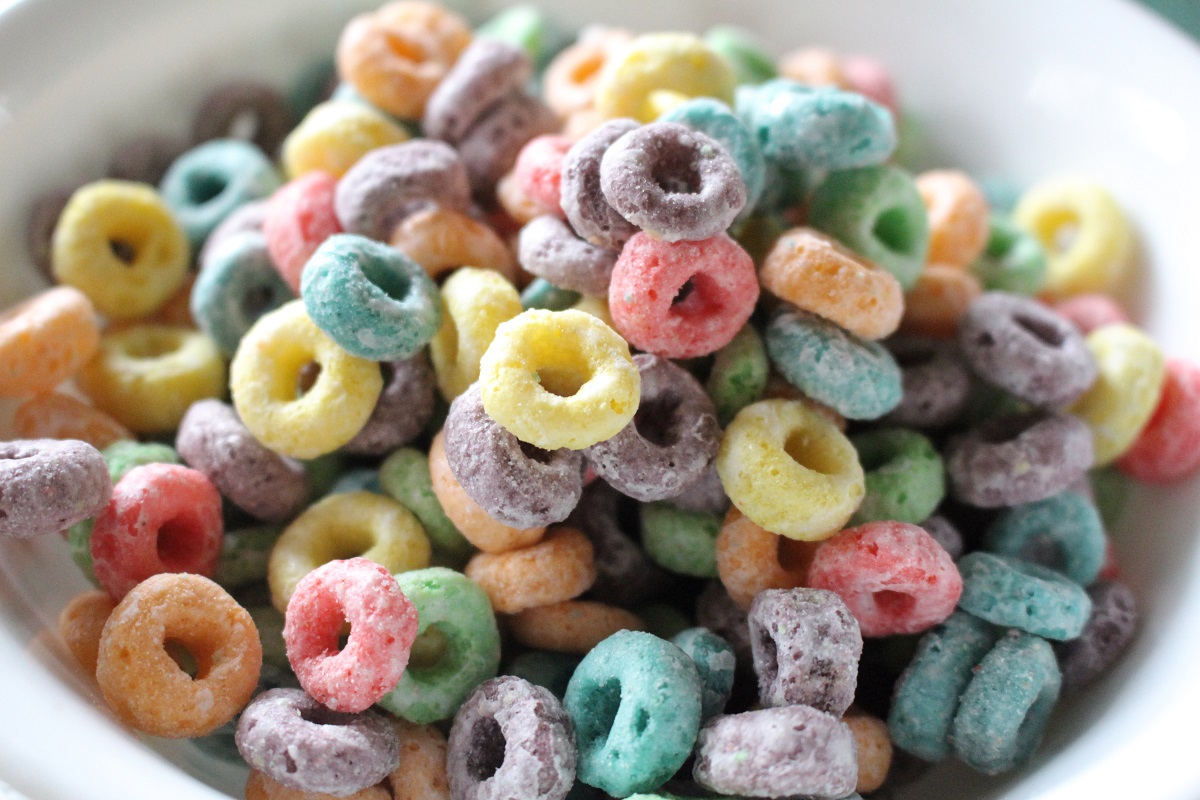
The global economy is experiencing a broad-based slowdown, with inflation still sitting at a multi-decade high. Based on the most recent IMF projections, global GDP is expected to shrink to 3% this year, from 3.5% in 2022, and further declining to 2.9% in 2024.
This decline is the result of a conspiracy of hurdles, including Russia’s invasion of Ukraine, spiking interest rates to combat inflation, lingering pandemic effects such as supply chain disruptions, and more recently the Israel-Hamas war.
Under these circumstances, investors might want to turn their attention to sectors such as consumer staples that are less susceptible to adverse news trends and economic downturns. The following consumer defensive stocks represent attractive buying opportunities and some margin of safety, according to Morningstar equity research.
Leading makers of branded convenience food products, Campbell Soup’s (CPB) product portfolio includes well-known brands like Campbell's, Pace, Prego, Swanson, V8, and Pepperidge Farm. The firm derives nearly all of its sales from the U.S. Campbell has expanded its exposure to the faster-growing on-trend snack food aisle with a handful of strategic acquisitions in the past few years to reshape its product mix.
“Campbell’s prudent strategic focus has set it on a sound course, leveraging technology, data insights, and artificial intelligence to bring consumer-valued products to the shelf in a timely fashion,” says a Morningstar equity report.
The company has taken these measures while also reducing complexity, investing in automation, and optimizing its supply chain and manufacturing network.
However, it is not immune from macroeconomic and competitive pressures that prompted management to account for costs increases in low teens this year, in addition to an 11% jump last year.
To cushion its impact on profits, Campbell has been pulling multiple levers, including price increases (in some instances 4 times over the past several quarters), extracting inefficiencies (US$880 million so far), and curbing discretionary spending.
“Management has suggested its intent to funnel a portion of any savings realized behind its brand mix, supporting the intangible asset that underpins Campbell's wide moat,” says Morningstar equity analyst Erin lash, who recently raised the stock’s fair value from US$58 to US$61.
Global fashion brand, Estee Lauder (EL) has a dominant position in the global prestige beauty market. Its product offerings include skin care (56% of 2022 sales), makeup (26%), fragrance (14%), and hair care (4%) categories. Top-selling brands include Estee Lauder, Clinique, M.A.C, La Mer, Jo Malone London, Aveda, among others, sold in more than 150 countries. Europe and the Middle East generate the bulk (43%) of revenue, while the rest comes from the Americas (26%), and Asia Pacific (31%).
The premium beauty product provider maintains its competitive edge with leading brands in skincare, cosmetics, and fragrances, preferred across physical and online stores. “These attributes, coupled with scale-based cost advantages, should augur a long-term competitive edge that enables the firm to deliver excess returns for more than 20 years,” says a Morningstar equity report.
The company’s sustainable competitive advantage is underpinned by strong brand equity and entrenched retail relations associated with its premium beauty products. Further, it boats cost advantages stemming from procurement, manufacturing, and marketing scale efficiencies.
“We see Estee as poised to benefit from premiumization trends, as beauty consumers in developed and emerging markets alike upgrade for perceived better-quality ingredients, efficacy, and service,” says Morningstar equity analyst Dan Su.
However, a weaker-than-expected near-term outlook and soft spending in high-margin skin care products amid macro headwinds prompted him to cut the stock’s fair value to US$200 from US$249.
Kellanova (K), previously Kellogg's (KLG) global snacking division, is a prominent global producer of savory snacks, snack bars, frozen breakfast items, meat substitutes, and various packaged food products. Its product mix includes household names such as Pringles, Cheez-It, Rice Krispies Treats, Pop-Tarts, Eggo, and more. These products are manufactured in 20 countries and sold across 180 countries. The U.S. accounts for half of its sales.
Following the streamlining of its operations, Kellanova's strategic focus has shifted predominantly towards its worldwide snacking product lineup. “We see merit in remaining laser focused on increasing investments in its capabilities and brands while extracting inefficiencies,” says a Morningstar equity report, stressing that the faster-growing snack business, now untethered from the mature North American cereal brands, will remain the primary growth driver.
Kellanova also benefits from its diverse geographic footprint, particularly from its significant exposure to emerging markets (around 30% of sales). “When combined with our expectations for favorable demographic and income trends for those regions longer term, we forecast 4%-5% annual sales growth to emanate from these faster-growing regions on average over the next decade, versus the 2%-3% growth we expect from its developed market regions in aggregate,” says Lash, who puts the stock’s fair value at US$75.
Further, adjusting its product mix to match local preferences, enhancing cost-effectiveness, and broadening market reach, through both organic and inorganic strategies, could enhance Kellanova's potential for growth in emerging markets.
However, even with the attractive category and exposure to fast growing emerging markets, the company isn’t immune to cost pressures stemming from raw materials, labour, and logistics, she cautions.







:quality(80)/cloudfront-us-east-1.images.arcpublishing.com/morningstar/G63LAO4AMRG3RG44ARMH6RM6FE.jpg)














